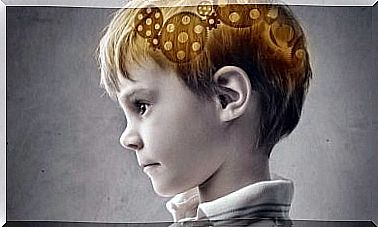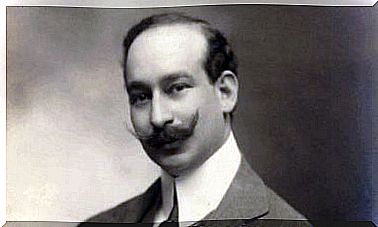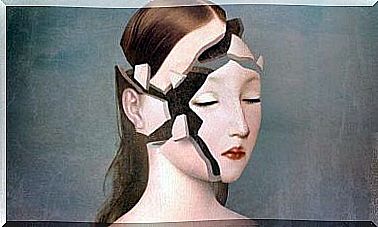Franz Alexander And Psychosomatic Medicine

Franz Alexander was one of the most notable representatives of psychoanalysis in the 20th century. He is considered, with some qualms, the father of psychosomatic medicine and the pioneer of psychoanalysis applied to criminology. His was one of the most interesting contributions to the classical theory of Sigmund Freud.
So great was the prestige he came to have at the time that Raymond de Saussure himself psychoanalyzed himself with him. So did one of the sons of Sigmund Freud and Marianne Kris. However, the true fame of Franz Alexander came when he moved to the United States, where he achieved enormous notoriety.
Alexander was a disciplined student of classical psychoanalysis. However, over time he left his own mark on that current, departing substantially from several of Freud’s central concepts. His contributions to psychotherapy and psychiatry are still valid today.
Franz Alexander and his beginnings
Franz Alexander was born in Hungary on January 22, 1891. He studied at the University of Budapest and at the age of 22 he obtained his medical degree. Later he completed his training at the University of Göttingen and at the Physiological Institute of Cambridge, in the United Kingdom. During the First World War he was a bacteriologist in the service of the Austro-Hungarian army.
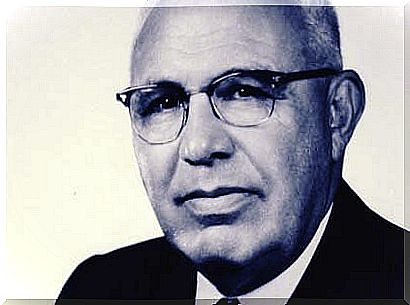
Later he worked in the neuropsychiatric clinic, attached to the University of Budapest. There he knows and is deeply interested in the work of Freud. In 1920 he emigrated to Germany. In Berlin he became the first student of the Institute of Psychoanalysis. There he analyzed himself with Hanns Sachs and became a psychoanalyst. Then he worked as a professor of psychoanalysis at the same institute.
At that time he published his work Analysis of the total personality , which caught the attention of Freud. Around 1930 he was invited by Robert Hutchins to join as a professor at the University of Chicago, in the United States. Alexander accepted and shortly thereafter founded and directed the Chicago Institute of Psychoanalysis for 25 years.
Psychosomatic medicine
With the presence of Franz Alexander, the University of Chicago became the first educational center in the United States to do research in the field of psychosomatic medicine. During the following years, Alexander made a treatise on psychosomatic medicine, another on psychoanalysis, and another on psychotherapy. At the First World Congress of Psychiatry, held in 1959 in Paris, he chaired these same sections.
Although Franz Alexander was not the first to apply psychoanalysis to medicine, he did become the most prominent exponent of psychosomatic medicine, inspired by Freudian principles. In particular, he gained notoriety with his studies on gastric ulcers. He managed to show that this condition originated from a lack of tenderness during childhood.

The discovery of this important influence of the unconscious on physical health also led him to rethink the method and duration of the analytical process. On the other hand, he managed to clarify the difference between conversion disorders and psychosomatic illnesses, something that was not very well defined in his time.
The second generation of psychoanalysis
Franz Alexander is considered one of the most outstanding exponents of the so-called “second generation of psychoanalysis”. It collected a good part of the contributions of Sandor Ferenczi. Many of his points of view were exposed in a work that is already considered a classic: Psychoanalytic Therapeutics. It is a work that has guided several generations of psychoanalysts.
Alexander also introduced the concept of “corrective emotional experience. ” This reform the model of attention typical of psychoanalysis. It is based on four basic actions:
- Take the patient to relive past situations that he could not resolve so that he can approach them in more favorable conditions.
- The patient must express himself freely and establish with the analyst a transference relationship that is far from the logic of the ties with his parents.
- The psychoanalyst must help the patient by offering him a fresh perspective on past events.
- If the analyst is logical and healthy, the patient will dismiss the inappropriate responses to his reality.
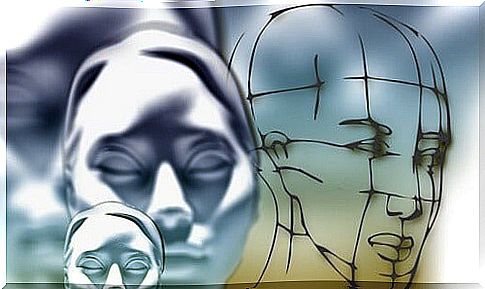
Franz Alexander advocated “short-term psychotherapy,” or brief psychotherapy, something that completely alienated him from classical psychoanalysis. He also applied his analyzes to criminology, sociology, politics, and aesthetics. He died in Palm Springs, California, in 1964, having been a prolific writer and researcher who made his mark.
